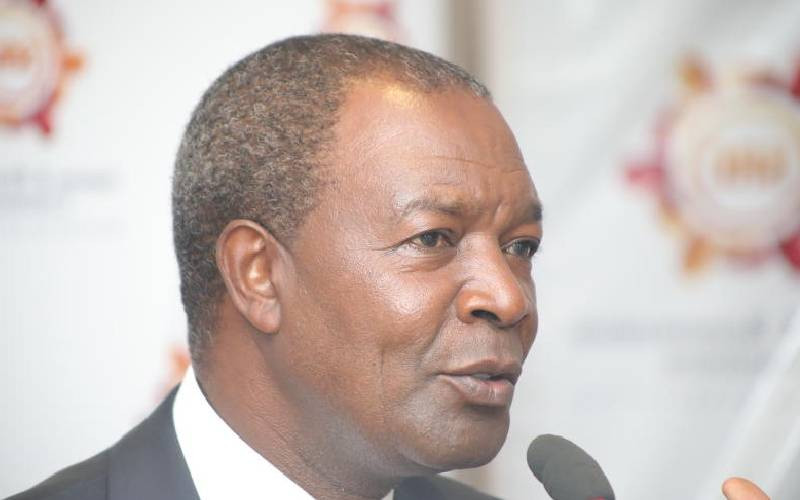×
The Standard e-Paper
Smart Minds Choose Us

The government has further revised downwards the amount it plans to borrow over the next financial year citing an expected shortfall in tax revenues that the National Treasury said has necessitated the need to contain borrowing and government spending.
Treasury said it will borrow Sh541.7 billion from both domestic and foreign lenders over the 2024-25 financial year.







